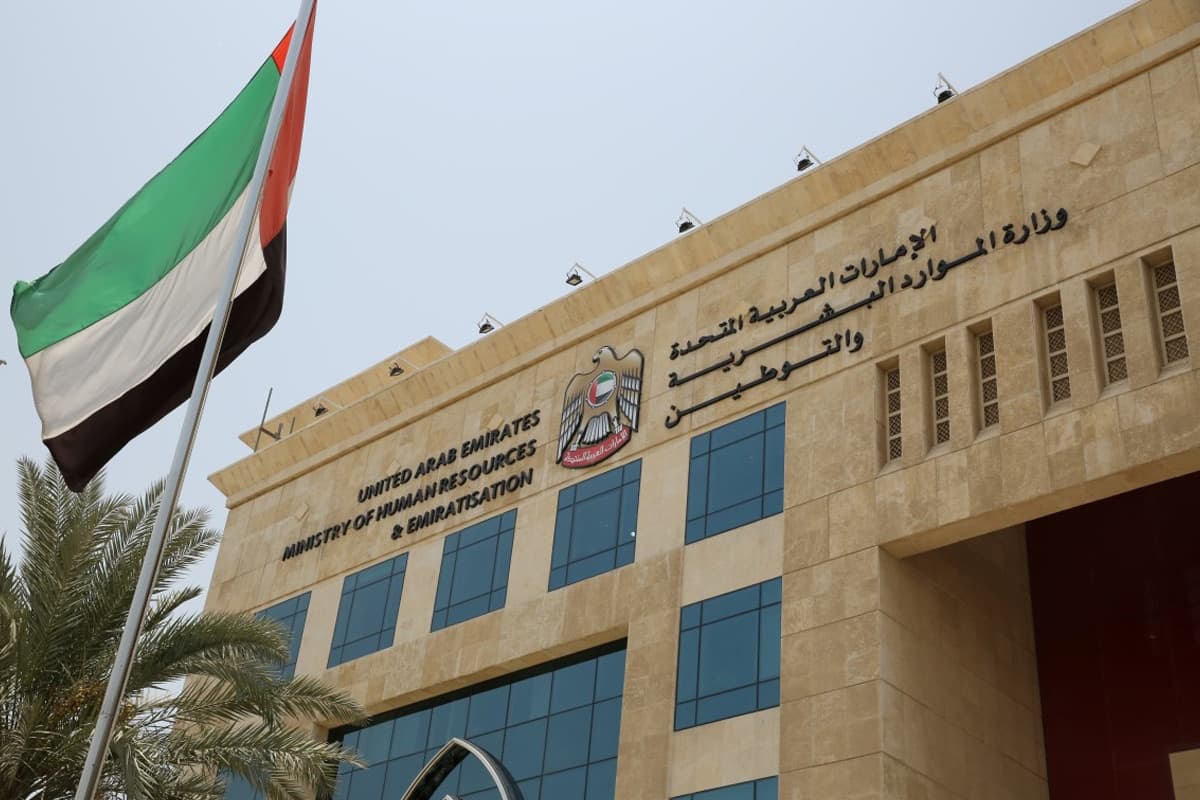
UAE Issues Strong Warning to Private Sector Companies Over Wage and Emiratisation Frauds
Government intensifies efforts to combat fraudulent practices related to Emiratisation, urging businesses to adhere to new compliance measures
The Ministry of Human Resources and Emiratisation (MoHRE) has issued a warning to private sector companies and establishments against engaging in fraudulent practices, including those related to wages, under the guise of Emiratisation.
In its latest update, MoHRE stated that government legislation and decisions have established stringent checks and controls to enhance adherence to Emiratisation objectives. Any attempt to bypass the system can not only be easily detected but will also be dealt with decisively.
The ministry outlined six ways in which a company might commit fraud in the name of Emiratisation:
* Making claims about Emiratisation that are fictitious or false.
* Providing false information to gain benefits under the Nafis programme.
* A beneficiary does not officially join a facility after the company has received a work permit and other benefits under Nafis.
* A beneficiary fails to work consistently with the facility after officially joining.
* A beneficiary leaves the facility without a valid reason, and the facility fails to inform Nafis of the departure.
* The facility does not report any changes in the benefits for the citizen without a valid reason accepted by the Nafis programme.
The ministry urged employers to avoid two types of wage-related fraud: paying citizens less than their counterparts performing the same duties or reducing a citizen's wage under the pretext of benefiting from Nafis.
It also advised citizens joining any private sector establishment to adhere to the obligations outlined in the Nafis programme and their employment contracts.
The ministry has set regulations for Emiratisation advertisements by private sector establishments and employers. Advertising companies must not display job adverts for positions that do not represent genuine opportunities or are at unskilled professional levels.
Advertisements must not reference government Emiratisation policies or benefits without prior permission from the ministry, nor should they include advantages related to government support and incentives for citizens in the private sector.
In a series of advisory posts recently shared on its official social media channels, the ministry outlined obligations for employers hiring citizens.
It stated that employers must enable employees to perform their duties, provide an appropriate workplace and tools, and offer necessary training. Delays in obtaining a citizen’s work permit from MoHRE should be avoided.
According to the ministry, establishments wishing to employ citizens have several obligations. They must conclude an employment contract in accordance with current regulations, ensure payment of the agreed wage in line with the Wage
Protection System, expedite the registration of the citizen in the pension and social insurance system and make monthly contributions in accordance with legislation within one month of issuing the work permit.
Any changes in the work contract affecting benefits must be reported, and the citizen’s work permit must be cancelled immediately upon termination of the contractual relationship.
The Ministry emphasised the importance of citizens working in the private sector reporting any practices that breach Emiratisation laws or the objectives of the Nafis Programme.
Cabinet Resolution No. (95) of 2022 concerning violations and administrative penalties related to the Emirati Cadres Competitiveness Council’s initiatives and programmes has established a list of administrative penalties for negative practices and breaches of objectives.
Penalties for violations related to Emiratisation vary depending on the nature of the offence committed by the establishment or the beneficiary.
For any enquiries or information, contact ask@tlr.ae or call us on +971 52 644 3004. Follow The Law Reporters on WhatsApp Channels.